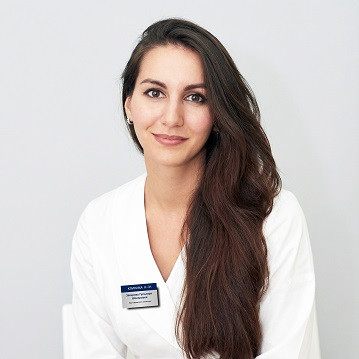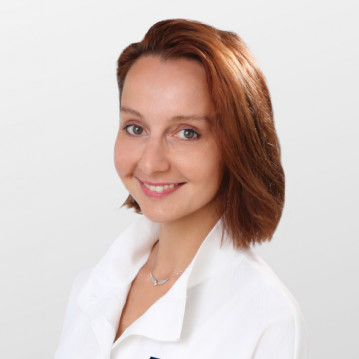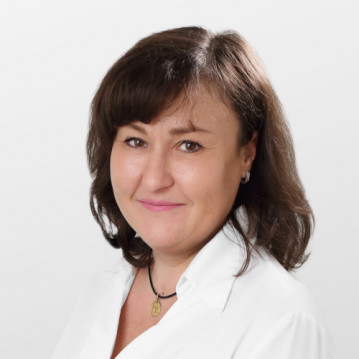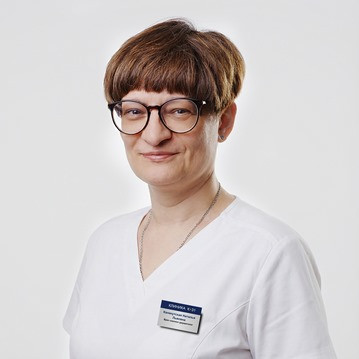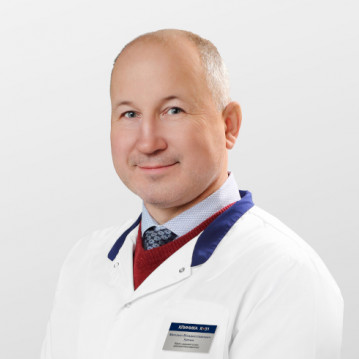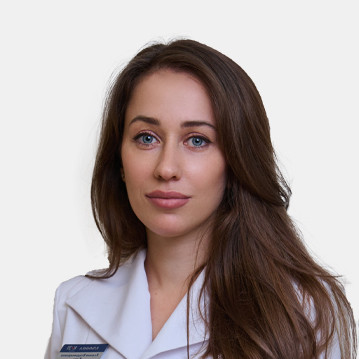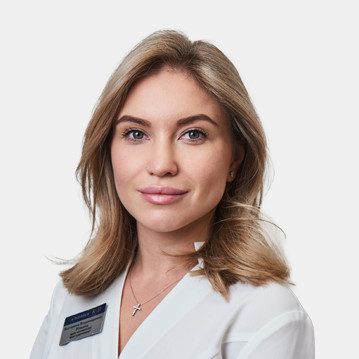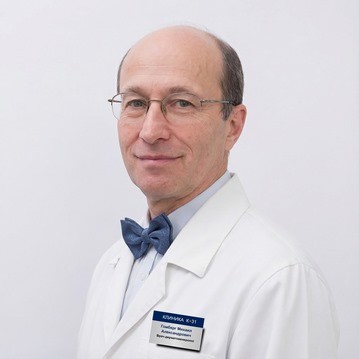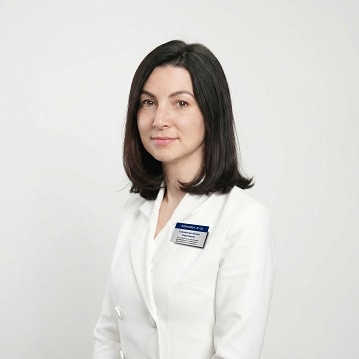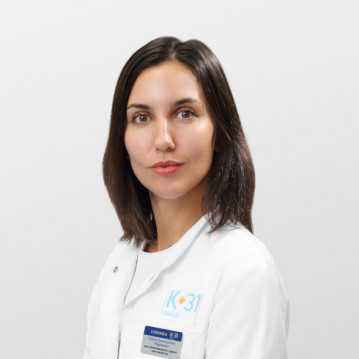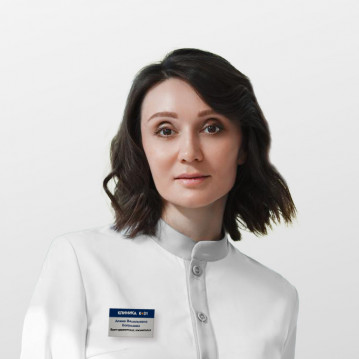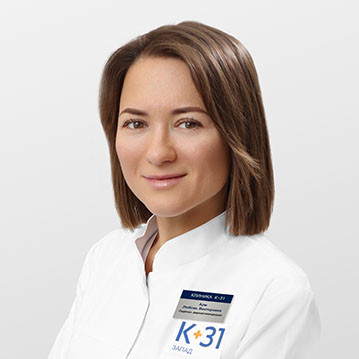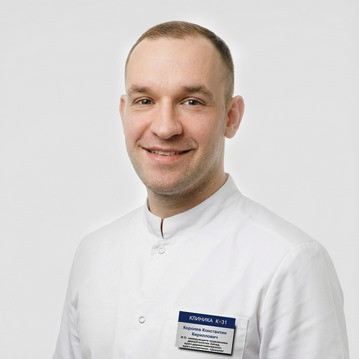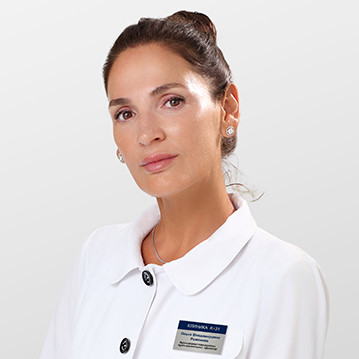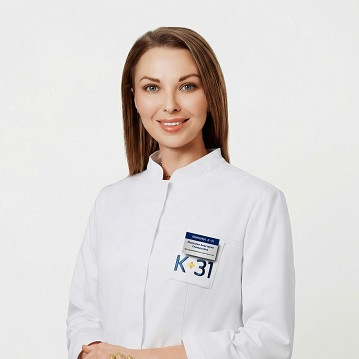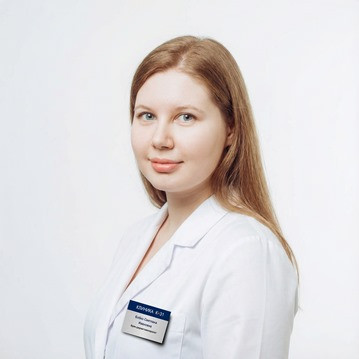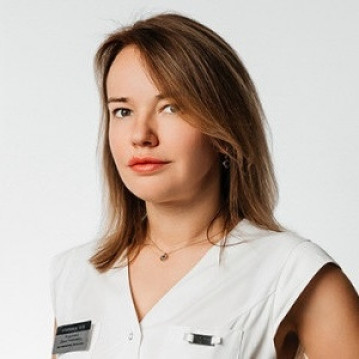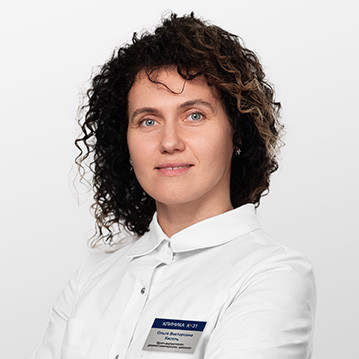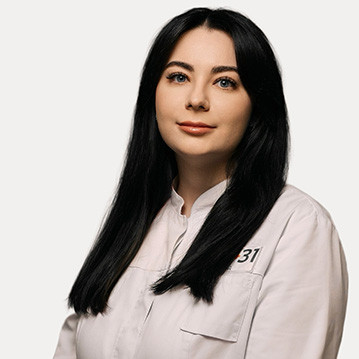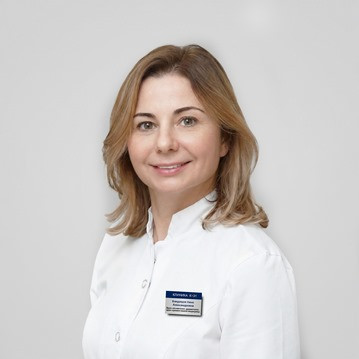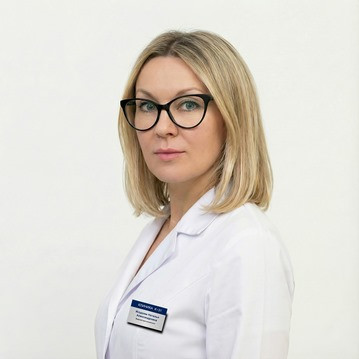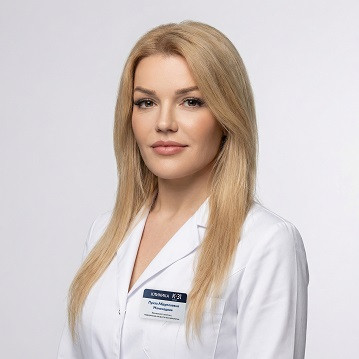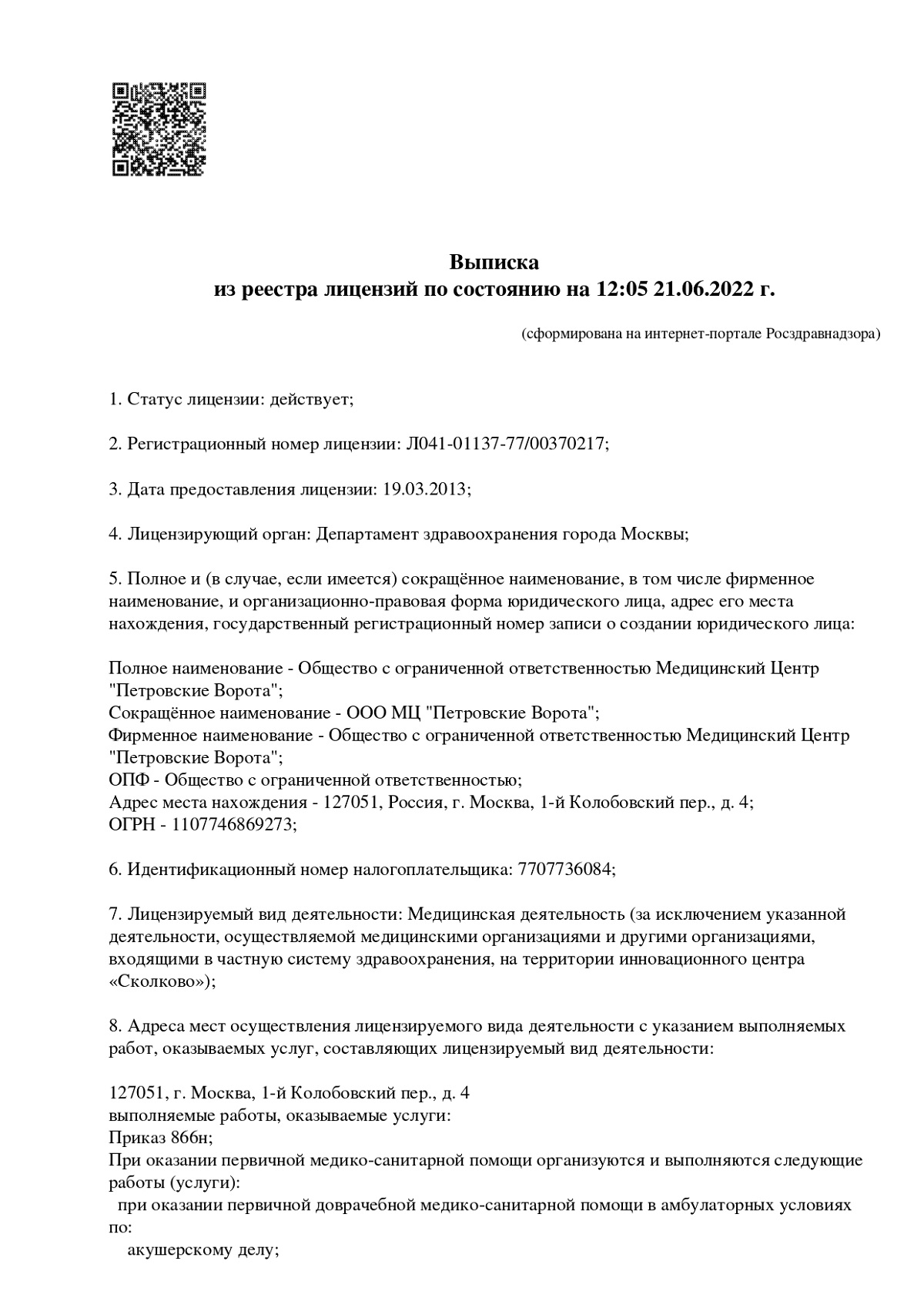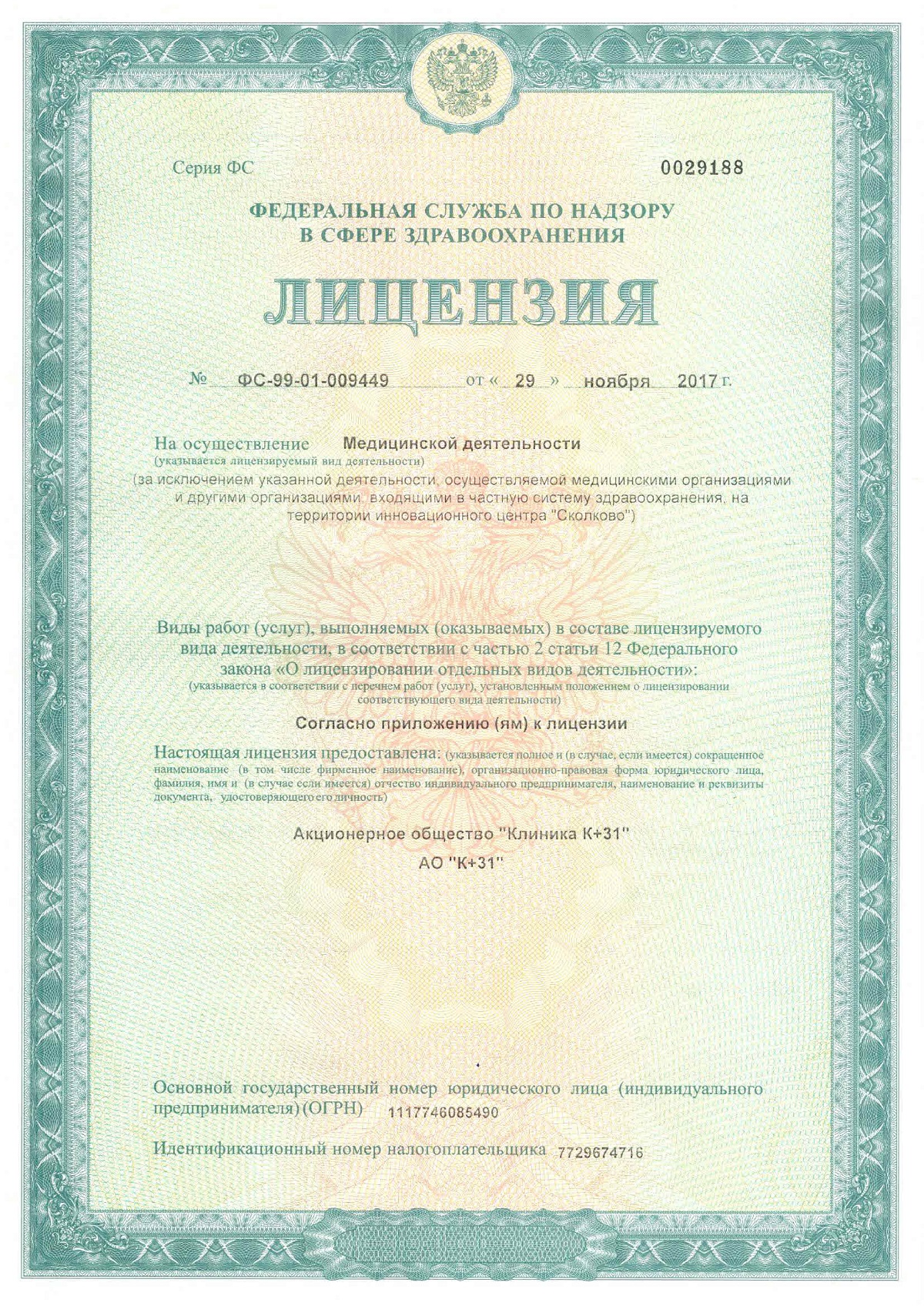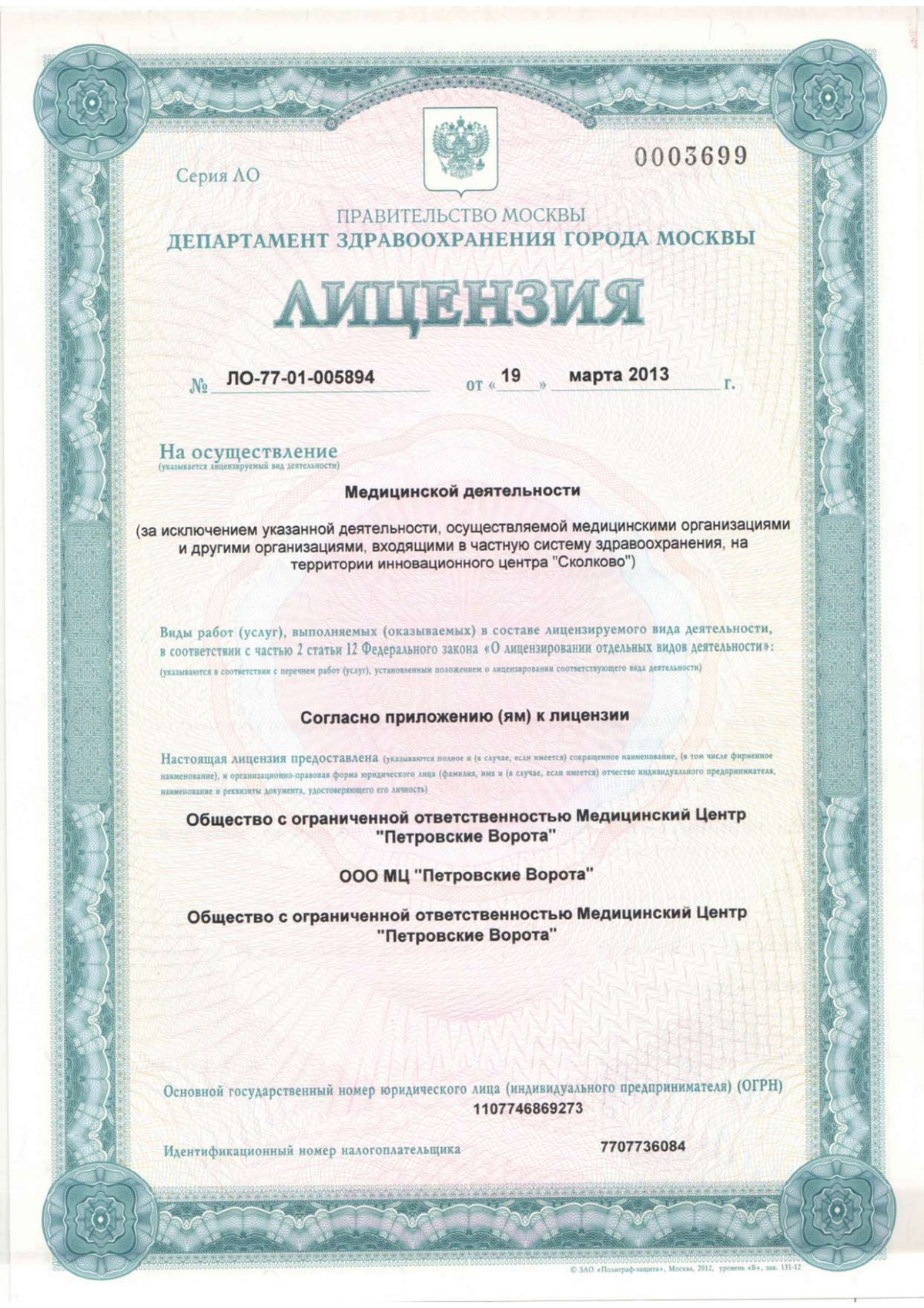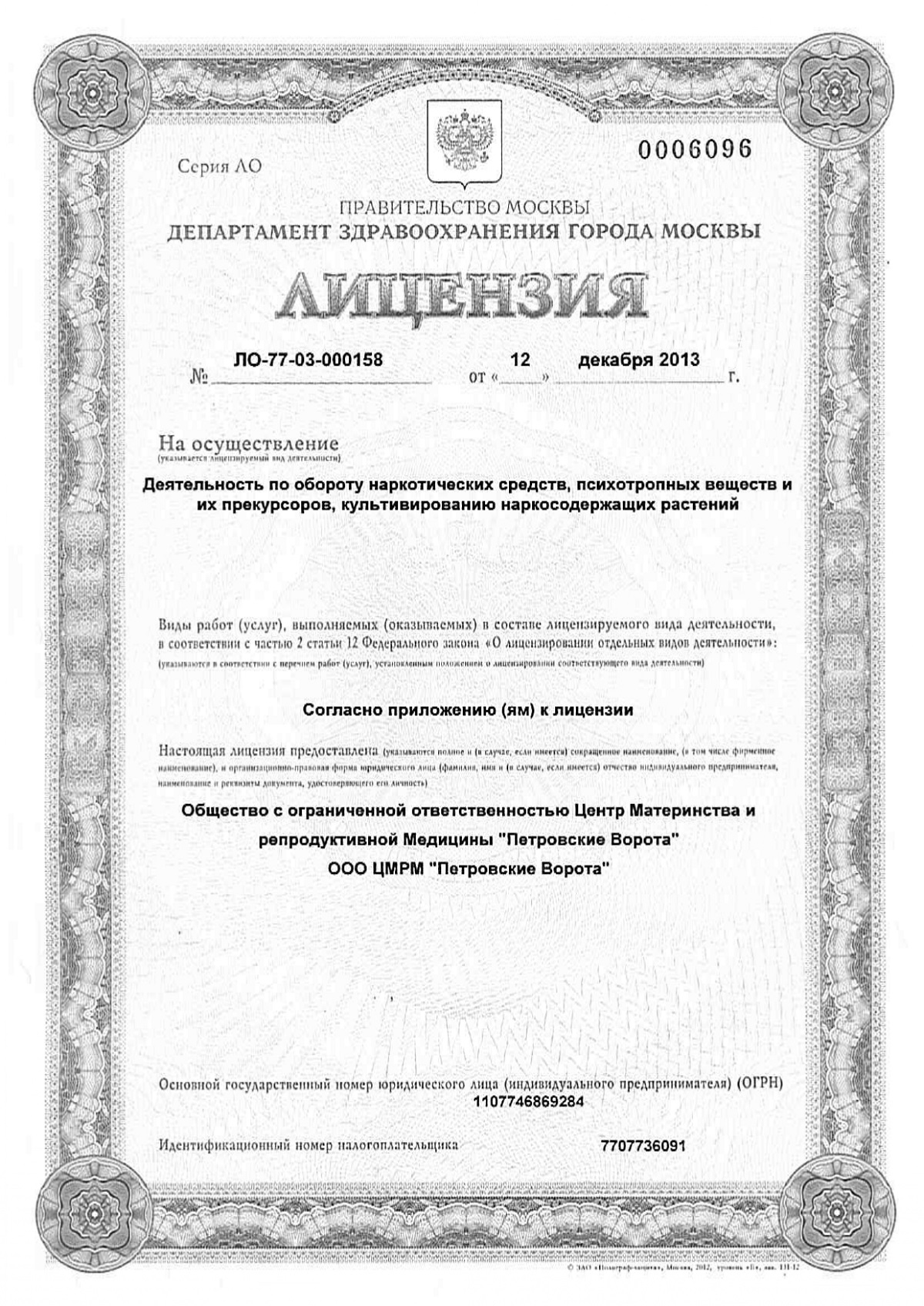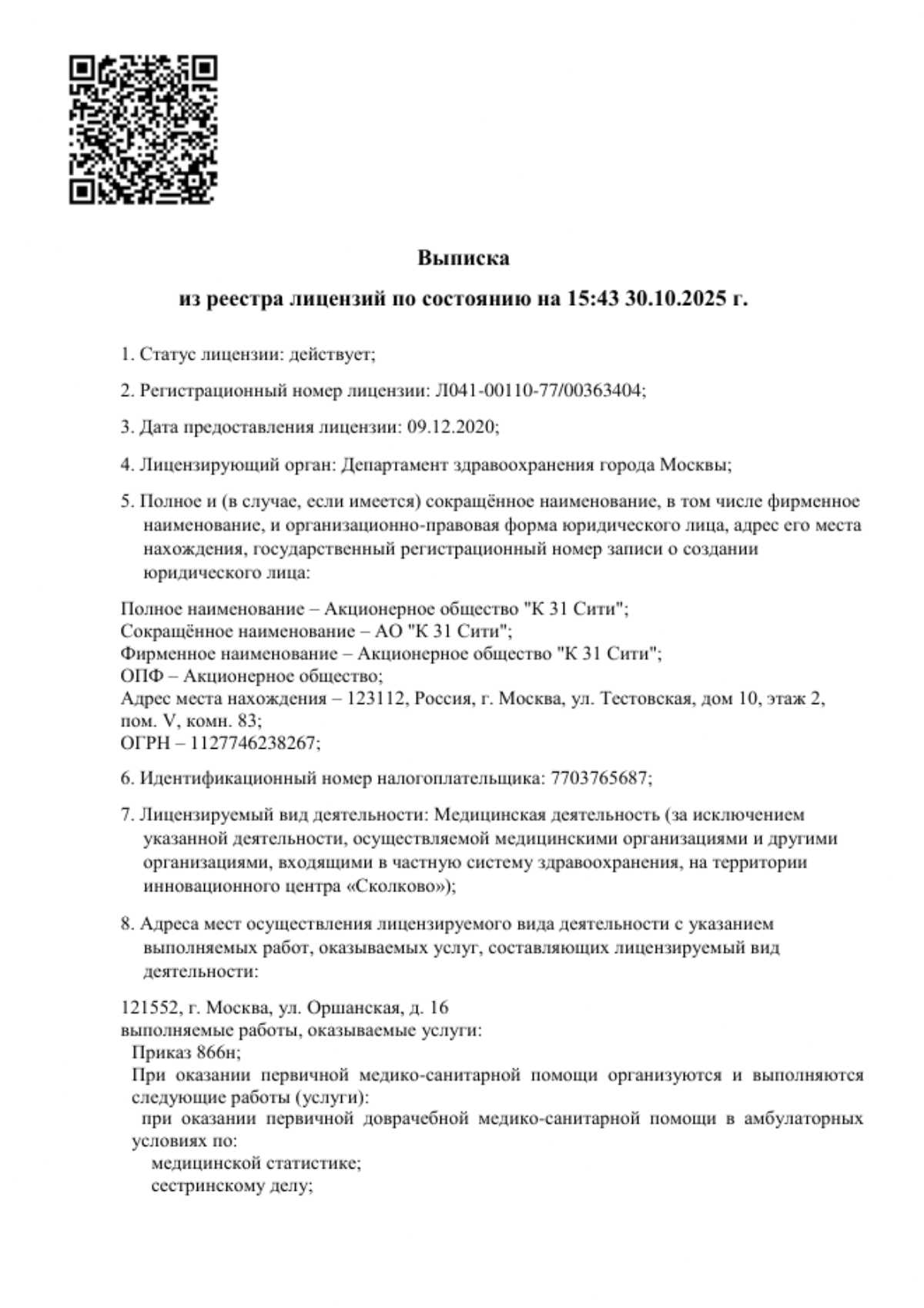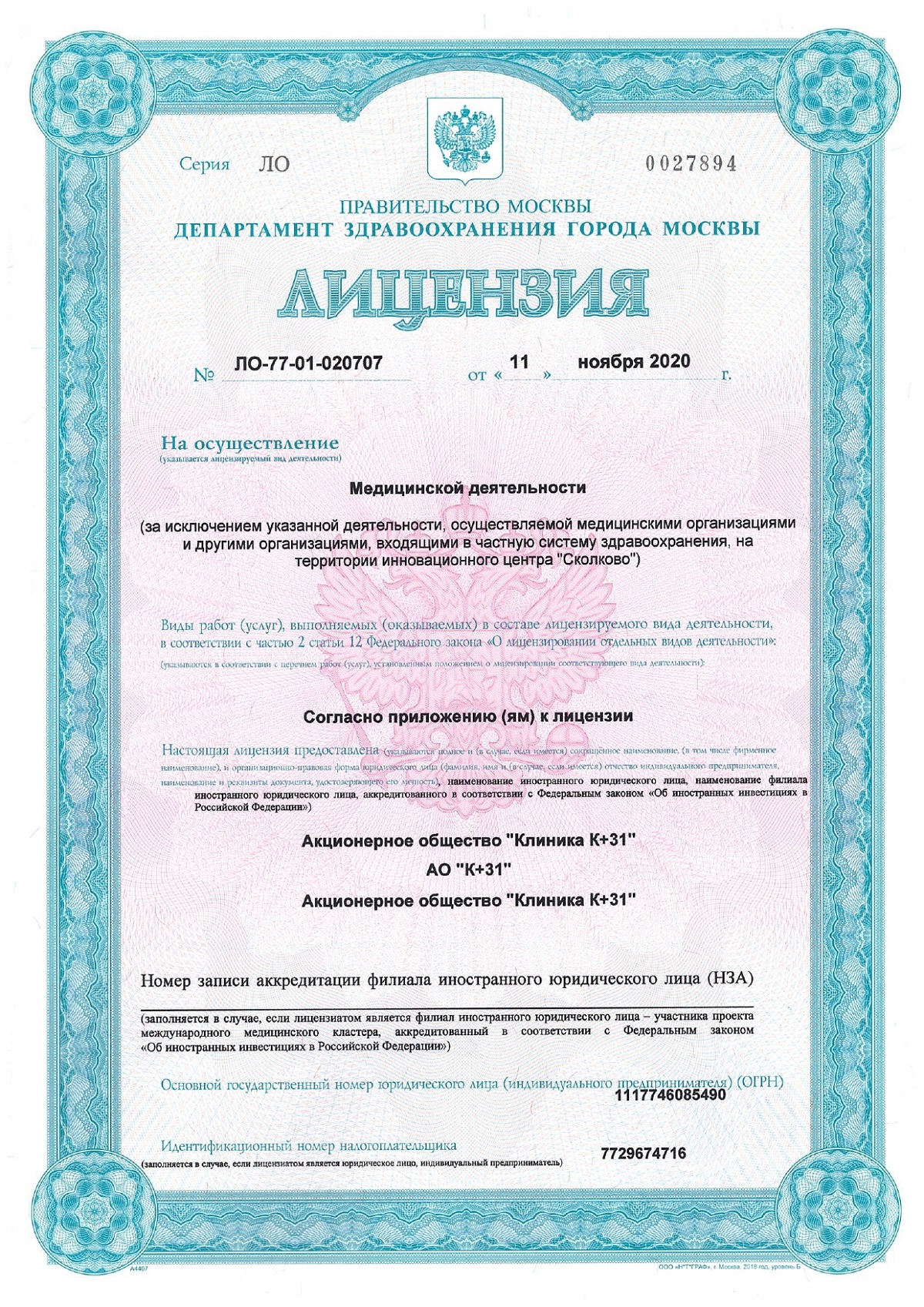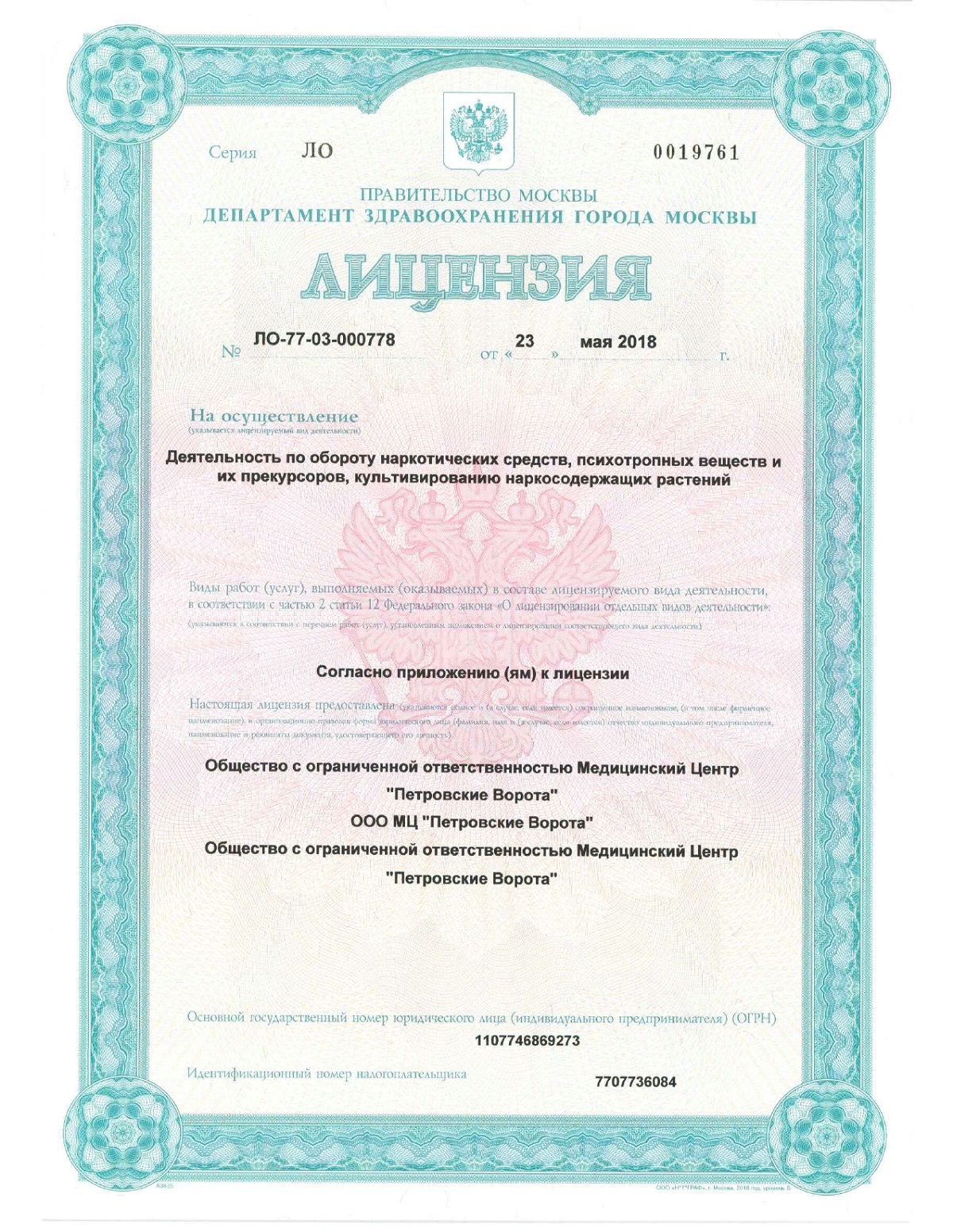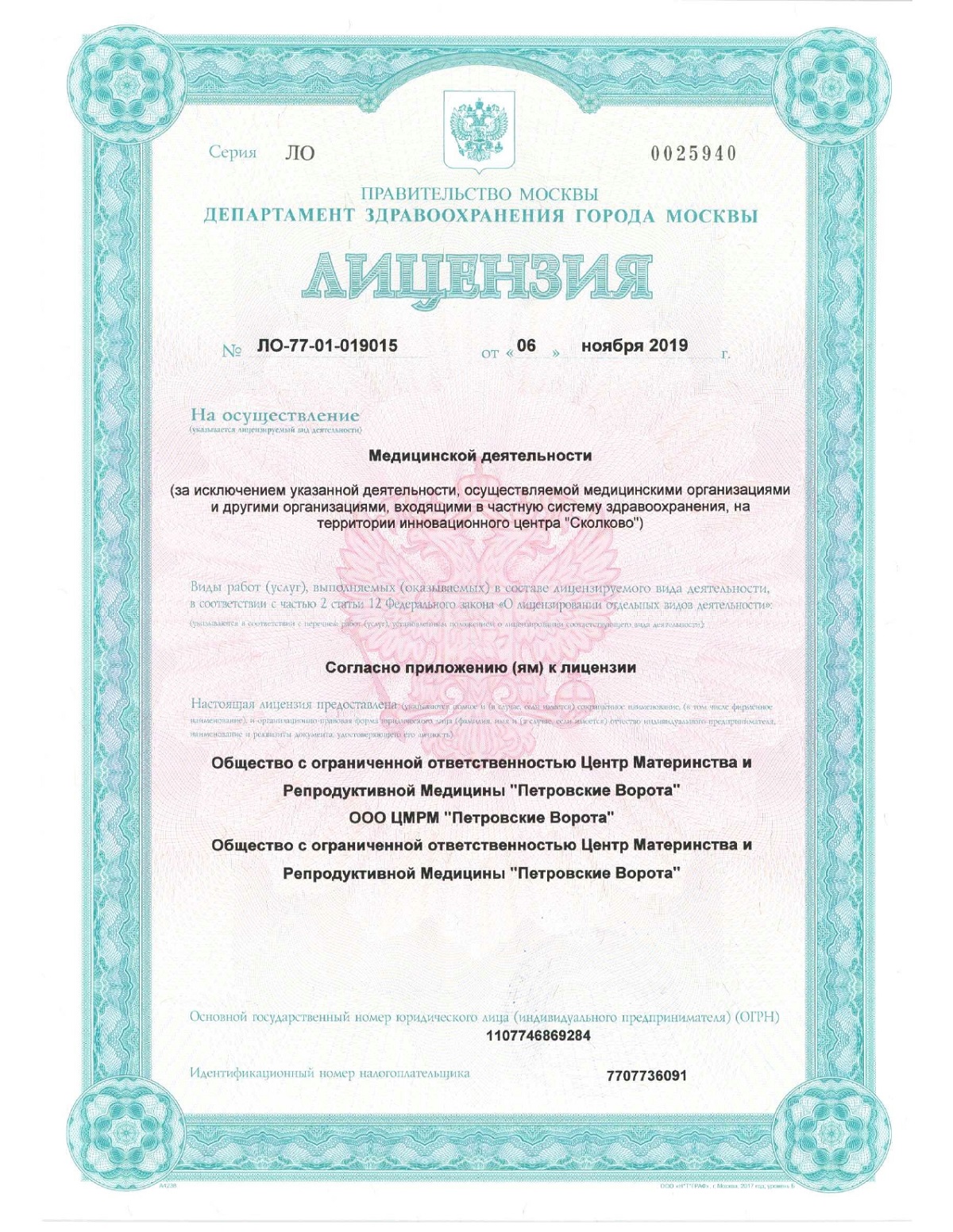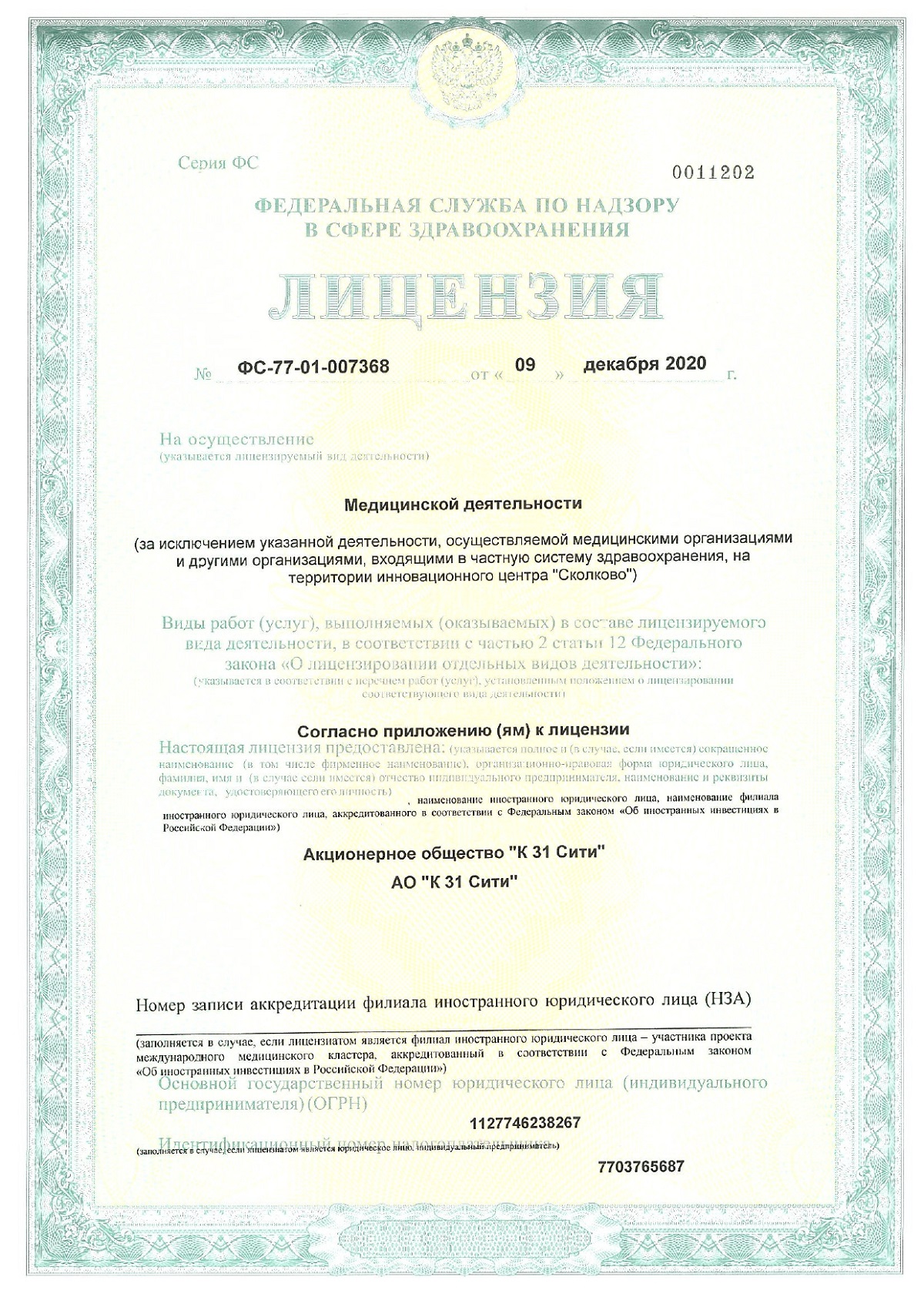Dermatology at K+31
Dermatology is a branch of science that studies the structure of the skin, its physiological functions, the causes of the development of skin diseases, methods of diagnosing and treating them. Clinical manifestations of skin diseases are numerous.
Dermatologists, dermatologists-oncologists and dermatovenereologists are involved in identifying the causes of skin diseases and treating them. The Center’s specialists have extensive practical experience and all the necessary knowledge for the effective treatment of dermatological pathologies. Our patients have access to laboratory diagnostics and other examination methods of the scalp, skin, nails and mucous membranes for an accurate diagnosis.

specialists

equipment

diagnostics
Services
Common dermatological diseases
Among the most common pathologies that require the help of a dermatologist are:
- Allergic contact dermatitis
- Atopic dermatitis (affects children under one year of age)
- Autoimmune dermatoses
- Molluscum contagiosum
- Vasculitis of the skin
- Herpes
- Pediculosis
- Viral dermatoses
- Rosacea
- Scabies
- Ringworm
- Genodermatoses
- Acne (pimples)
- Fungal diseases of the skin and nails associated with fungal skin lesions Infection
- Childhood dermatoses
- Hair diseases (alopecia)
- Skin tumors
- Pyoderma
- Psoriasis
- Photodermatoses
- Eczema
Dermatitis and other skin diseases are most often diagnosed in patients aged 12-37. Symptoms manifest as rashes of varying types, so a skin disease diagnosis is essential to establish the disease. Pathological elements can range in size from 1-3 mm to 1-10 cm in diameter. These include: vesicle, blister, nodule, papule, pustule, tubercle, wheal, roseola, erythema, purpura, and acne. Their number can vary – from a few to large areas.
Dermatovenerologists, gynecologists, and urologists treat diseases of the reproductive system and their genital manifestations. In our gynecology department, you can get rid of genital warts (condylomas acuminata) located in the anogenital area. Fungal infections of the mucous membranes of the genitals and cervix are often accompanied by changes in color and appearance. A doctor will know the exact symptoms of these diseases and make a diagnosis after an examination.
Dermatology clinic doctors treat and perform laser removal of papillomas—benign growths caused by the human papillomavirus. Depending on the condition, specialists at K+31 Clinics in Moscow may prescribe medication, radiofrequency surgery, or shockwave therapy.
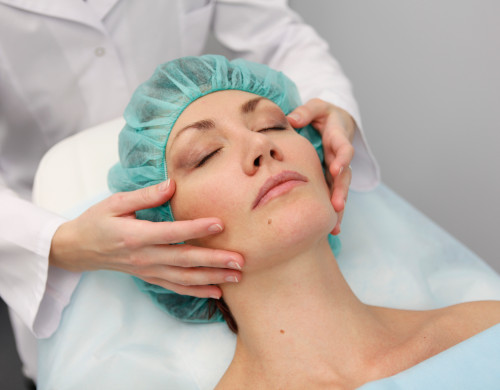
Causes of skin diseases
The exact causes of many dermatological diseases remain unknown. Their development may be facilitated by a number of factors or just one:
- Genetic predisposition to dermatological diseases
- Unfavorable environmental conditions: polluted air and water
- Skin hypersensitivity to irritants
- Concomitant diseases of any organs and systems, especially the nervous, immune, digestive, and endocrine systems
- Psychological stress
The danger of dermatological diseases is that, as they progress, they can cause complications in a person's internal organs, contributing to the development of other diseases in any of the body's systems.
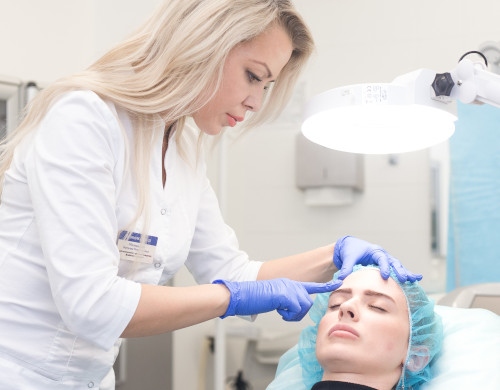
Diagnosis of dermatological diseases
To identify the cause and prevent the development of skin diseases, our clinic specialists perform a comprehensive diagnosis, which, in addition to simple examination methods, may include the following procedures:
- Physical examination, palpation.
- Genetic testing.
- Dermoscopy.
- Skin biopsy.
- Videotrichoscopy.
- Nevus mapping.
- Wood's lamp examination.
- Immunological testing.
- Lipidogram.
- Coagulogram.
- PCR, ELISA, culture, and microscopic methods for detecting various infections.
- If necessary, chest X-ray, abdominal ultrasound, CT scan, and MRI may be performed.
For early detection of melanoma, a doctor performs dermatoscopy—an examination of moles and other growths on the skin and mucous membranes. This is done using a special optical instrument called a dermatoscope. Skin scrapings may also be taken.
A consultation with a dermatologist is essential at the first sign of a change in skin condition. Only a specialist can make an accurate diagnosis. Itching, flaking, skin rashes, reddening, sebaceous gland dysfunction, and many other symptoms are direct indications for a visit to the doctor.
You can schedule an appointment with a dermatologist, get tested, and undergo a dermatoscopy in Moscow online on the website of the Center for Dermatology and Cosmetology. We use modern diagnostic methods and select effective treatments and prevent recurrence of diseases, including skin tumors.
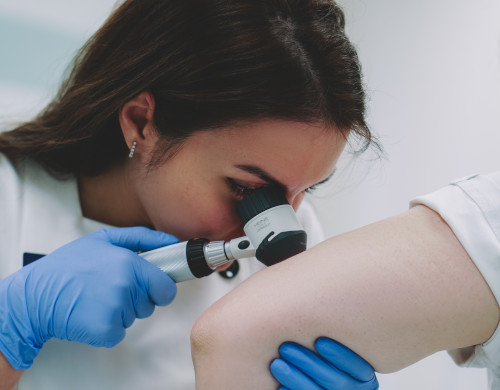
Treatment methods
K+31 dermatologists determine the treatment of skin diseases on an individual basis, based on the characteristics of the disease and the patient's condition. Comprehensive treatment may include:
- General and localized ultraviolet irradiation.
- Localized photochemotherapy.
- Cryodestruction with liquid nitrogen.
- Cryomassage.
- Radioelectrosurgical treatment.
- Curettage.
- Excision of keratoses and plantar warts.
- Intralesional injection therapy.
- Surgical excision of skin lesions.
- Laser treatment.
- Modern methods of hemocorrection.
If necessary, a dermatologist may involve other specialists in the patient's treatment: an endocrinologist, venereologist, gastroenterologist, dermatologist-cosmetologist, dermatologist-oncologist, or surgeon.
Medications should be prescribed by a dermatologist; self-medication is unacceptable, as it can have unpredictable consequences. Conservative therapy involves intradermal administration of medications, as well as the use of topical agents: solutions, ointments, gels, aerosols, patches, etc.
If you need a consultation with a dermatovenereologist in Moscow at our medical facility, please contact the operator by clicking the "Make an Appointment" button. On our website, you can find a list of the clinic's services and find out the cost of treatment in rubles. Our operators will explain the procedures you're interested in in more detail and select a convenient day and time for your appointment.
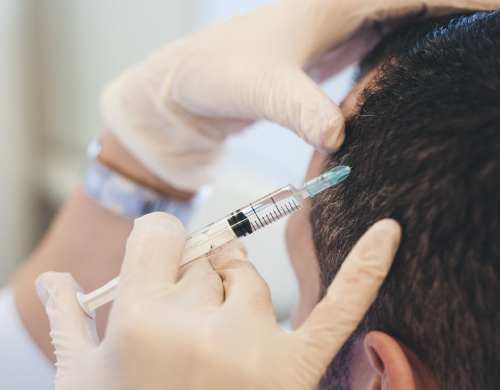
Make an appointment at a convenient time on the nearest date

This award is given to clinics with the highest ratings according to user ratings, a large number of requests from this site, and in the absence of critical violations.

This award is given to clinics with the highest ratings according to user ratings. It means that the place is known, loved, and definitely worth visiting.

The ProDoctors portal collected 500 thousand reviews, compiled a rating of doctors based on them and awarded the best. We are proud that our doctors are among those awarded.

